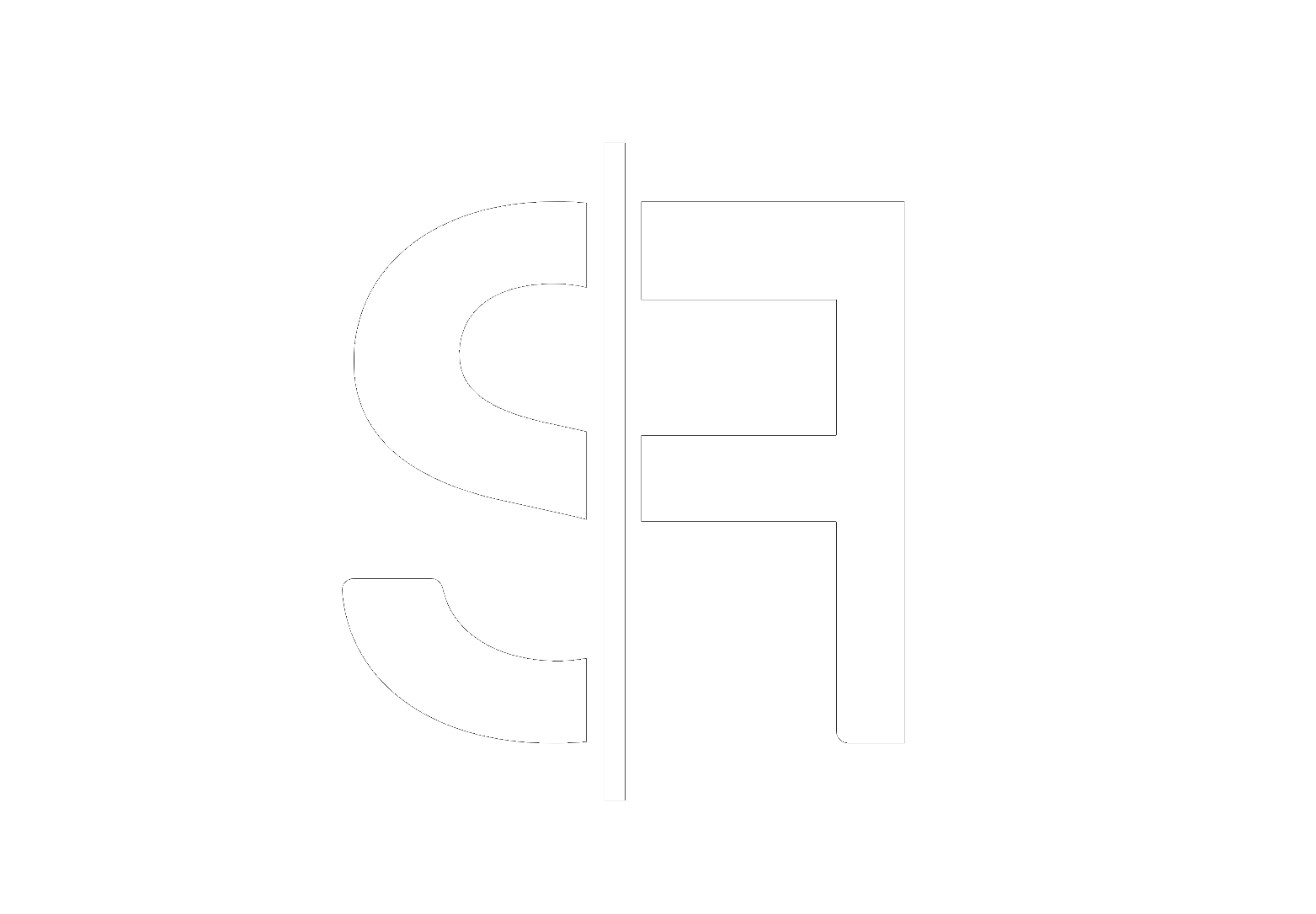How to Hire Salesforce Freelancer with Proven Experience
Are you looking to elevate your business operations with the power of Salesforce but lack the in-house expertise? The solution lies in finding the right talent, and for many, that means learning how to **hire Salesforce freelancer** with a track record of success. A skilled Salesforce freelancer can be invaluable for custom development, integration, administration, or strategic guidance, helping you maximize your Salesforce investment. But with so many options, how do you ensure you’re choosing someone who truly delivers?
This comprehensive guide will walk you through the essential steps and considerations when you decide to **hire Salesforce freelancer**, ensuring you find the perfect fit for your project and business goals.
Understanding Your Needs Before You Hire
Before you even begin your search, it’s crucial to have a clear understanding of what you need. This clarity will guide your search and help you articulate your requirements to potential candidates.
Define Your Project Scope and Goals
What specific Salesforce functionalities do you need? Are you looking for a new implementation, a custom app, data migration, process automation, or ongoing support? Clearly defining your objectives will help you narrow down the type of freelancer you need.
Identify Required Skills and Expertise
Salesforce is a vast ecosystem. Do you need a Certified Administrator, a Developer, a Consultant, or a Marketing Cloud specialist? List the specific Salesforce clouds, certifications, and technical skills essential for your project.
Determine Your Budget and Timeline
Having a realistic budget and timeline will help you filter candidates and set expectations. Freelancer rates can vary significantly based on experience, location, and specialization. Understanding your constraints from the outset is key.
Where to Find Qualified Salesforce Freelancers
Several platforms and avenues exist for finding talented Salesforce professionals. Each has its pros and cons, so consider which best suits your needs.
Freelance Platforms
Websites like Upwork, Toptal, or Fiverr offer a wide pool of freelancers. You can post your job, review profiles, and often see client reviews and portfolio examples.
Specialized Salesforce Communities and Marketplaces
There are platforms specifically designed for Salesforce professionals. For example, [SFLancer.com](https://sflancer.com/) is a dedicated hub where you can **hire Salesforce freelancer** who are pre-vetted and specialized in the Salesforce ecosystem. These platforms often provide more targeted talent and a deeper understanding of Salesforce-specific needs.
Professional Networks
Leveraging professional networks like LinkedIn can also be effective. You can search for Salesforce experts, view their experience, and reach out directly.
Key Factors to Consider When Evaluating Candidates
Once you’ve identified potential candidates, it’s time to delve deeper and assess their suitability. This is where you move from simply finding a freelancer to finding one with proven experience.
Review Portfolios and Case Studies
A freelancer’s portfolio is their resume. Look for examples of projects similar to yours. Case studies that detail challenges, solutions, and outcomes are particularly insightful.
Scrutinize Past Client Reviews and Testimonials
What do previous clients say? Positive reviews and strong testimonials are excellent indicators of reliability, communication, and the quality of work delivered. Pay attention to recurring themes in feedback.
Assess Technical Skills and Certifications
Verify their Salesforce certifications and ensure their technical skills align with your project’s requirements. Don’t hesitate to ask for proof or to conduct a technical assessment if necessary.
Evaluate Communication and Collaboration Style
Effective communication is paramount for remote projects. During initial conversations, assess their responsiveness, clarity, and how well they understand your requirements. You can explore our services to get a better idea of the specialized skills available.
The Interview Process: Asking the Right Questions
Your interviews are critical for confirming a freelancer’s experience and fit. Here are some questions to consider:
Behavioral Questions
- “Describe a challenging Salesforce project you worked on. How did you overcome the obstacles?”
- “Tell me about a time you had to manage conflicting stakeholder requirements.”
- “How do you stay up-to-date with the latest Salesforce releases and best practices?”
Technical Questions
- “What is your experience with [specific Salesforce cloud like Sales Cloud, Service Cloud, etc.]?”
- “Can you walk me through your process for [specific task like custom object creation, Apex development, etc.]?”
- “What tools do you use for version control and deployment?”
Project-Specific Questions
- “Based on our project description, what are your initial thoughts on the best approach?”
- “What potential challenges do you foresee with this project, and how would you mitigate them?”
Onboarding and Managing Your Salesforce Freelancer
Once you’ve made your selection, a smooth onboarding process and effective management will ensure project success.
Formalize Agreements
Use clear contracts outlining project scope, deliverables, timelines, payment terms, and intellectual property rights. Having a detailed agreement protects both parties.
Establish Communication Channels
Set up regular check-ins and choose communication tools that work for both of you. Staying in touch ensures everyone is on the same page.
Provide Necessary Resources
Ensure your freelancer has access to all the information, documentation, and systems they need to perform their job effectively. If you have questions about how to best integrate them, consider reaching out to us via our contact page.
Learning how to **hire Salesforce freelancer** with proven experience is a strategic move that can propel your business forward. By following these steps, you can confidently find and onboard a skilled professional who will help you unlock the full potential of your Salesforce platform. For more insights and tips on leveraging Salesforce, be sure to explore our blog.

